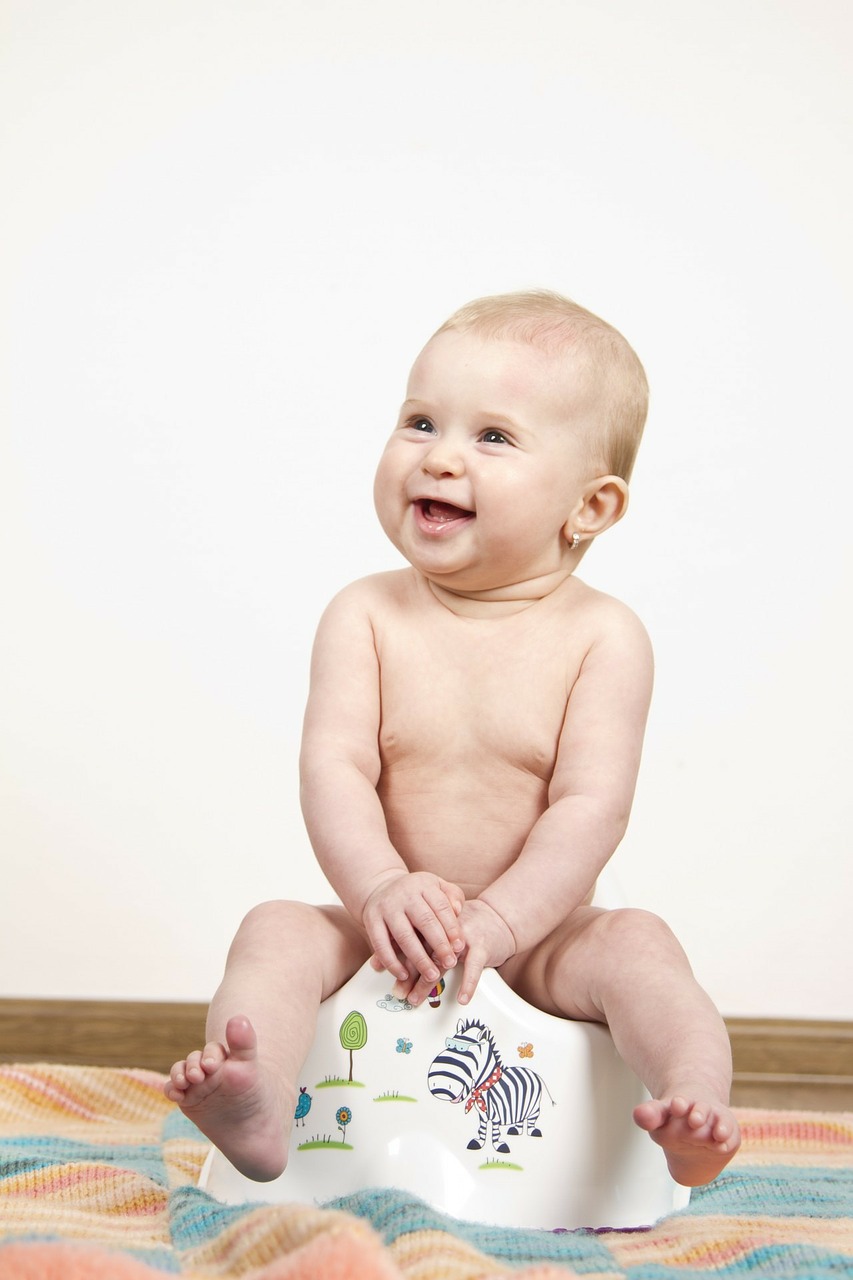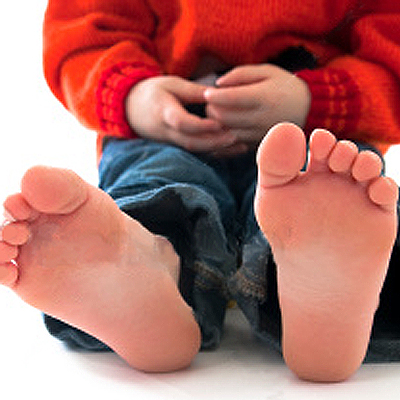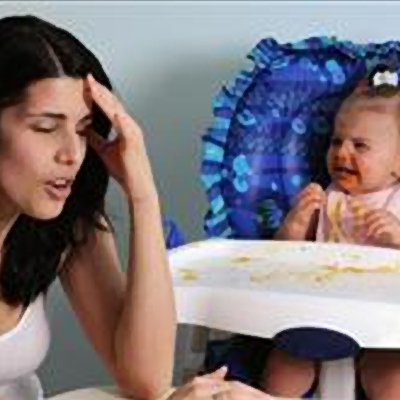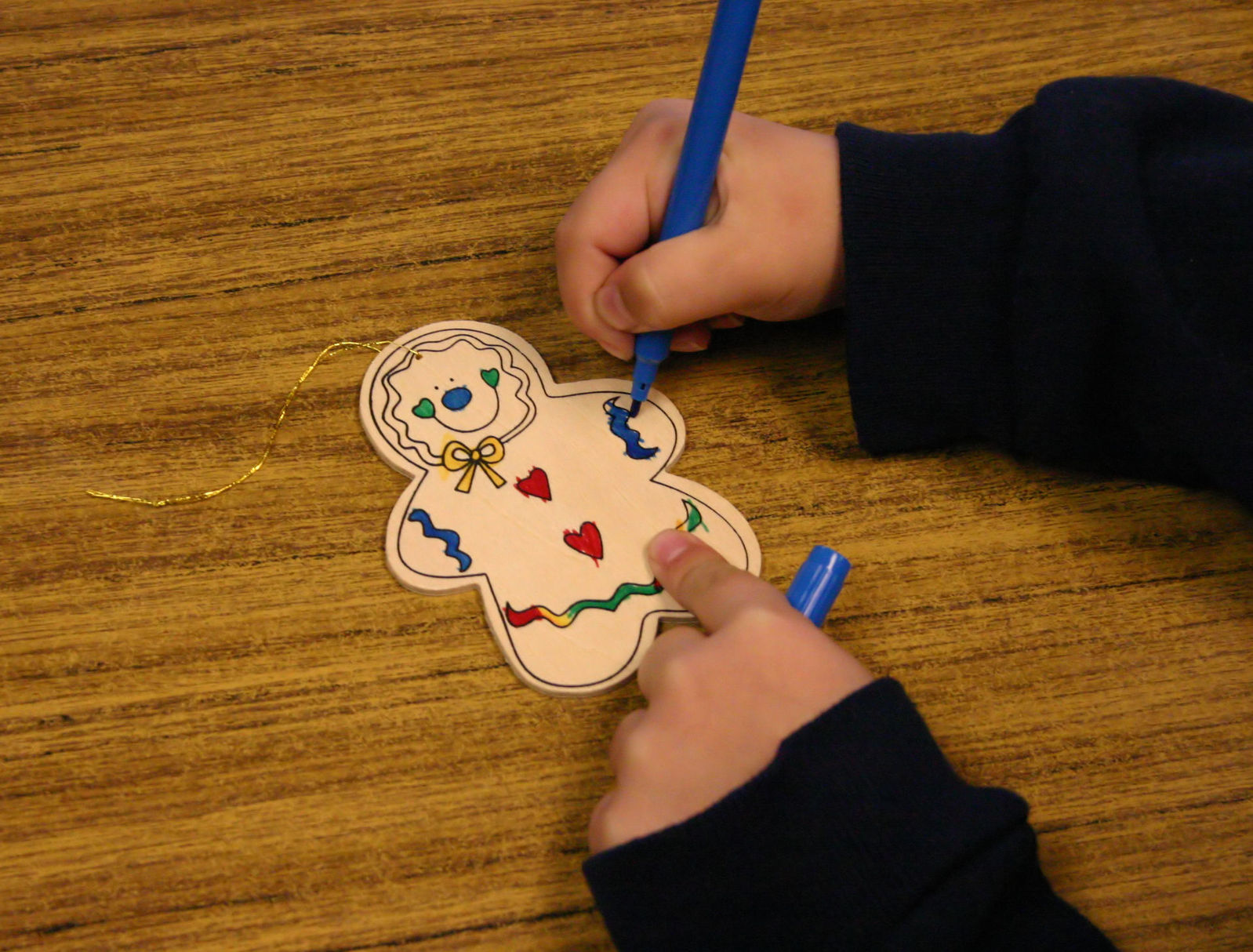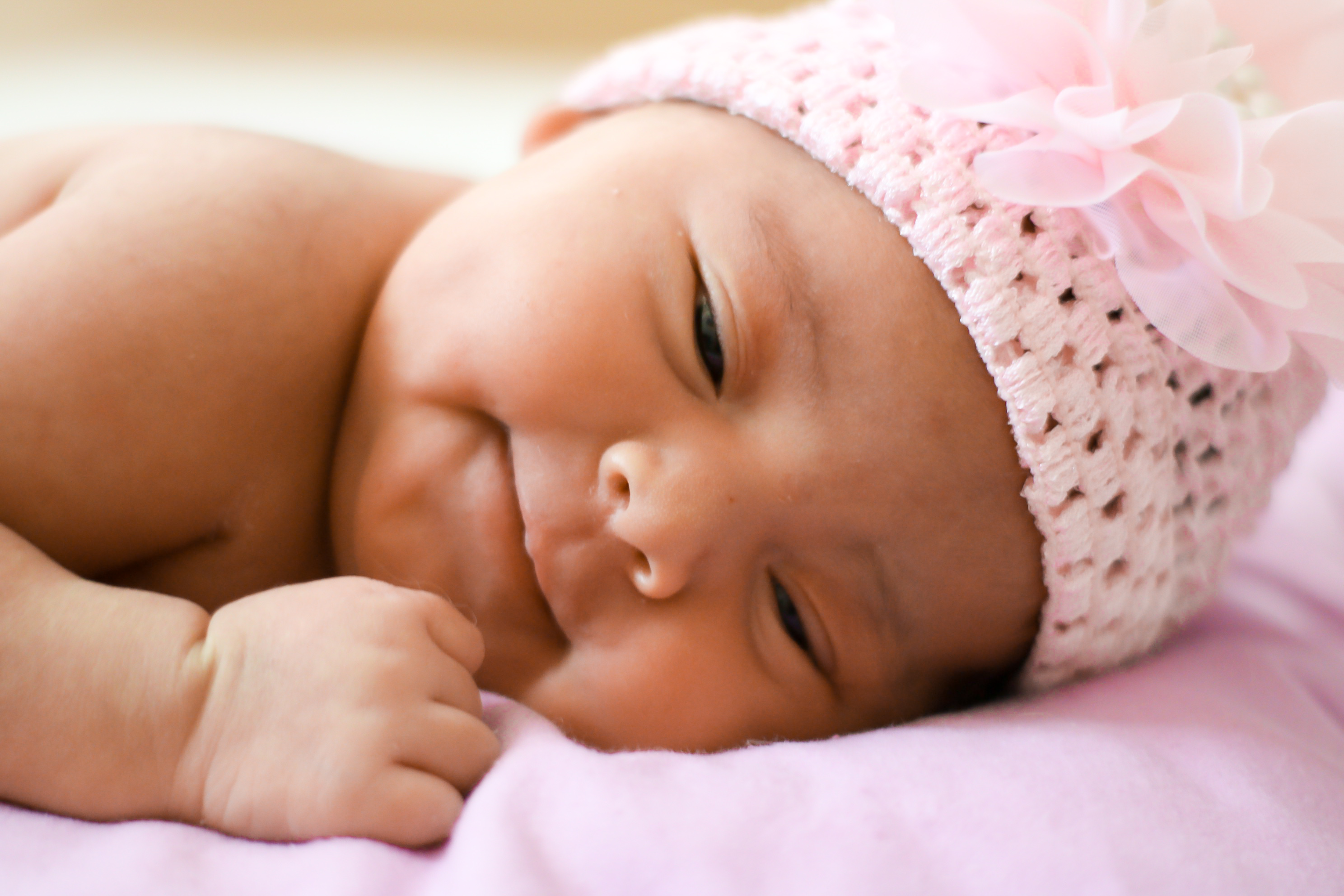8 Potty Training Do's and Don'ts
As you get ready to potty train your child, keep these basic tips in mind to help you determine what you should and shouldn't do when introducing the toilet.
1.Do Start Talking About the Potty Early Get your child accustomed to the potty well before she's ready to train; it'll make it easier when she is ready because the potty won't seem odd to her. Let her sit on the toilet while you are showering or getting dressed. At around 18 months, start reading her books about potty training. Choose books with vocabulary you're comfortable with or that has a character your child knows and can relate to, like Dora or Elmo. 2.Don't Have Unrealistic Expectations Experts agree that children will potty train when they are ready and no sooner. "Just because you want your child to potty train, that doesn't mean it's going to happen if it's not on your child's developmental or emotional agenda," explains Lisa Asta, M.D., a clinical professor of pediatrics at University of California, San Francisco, and spokesperson for the American Academy of Pediatrics. "It's a natural process. You can't force it." So don't expect your 15-month-old to be trained, and don't rush your first child into saying goodbye to diapers just because you have a second child on the way. And don't fix a timeline for how long it should take your child to train -- some kids potty train in three days; others take a week. "Putting a child on the potty too early often just frustrates the child and the parents and makes what should be a quick and easy process much more difficult," says Scott J. Goldstein, M.D., a pediatrician at The Northwestern Children's Practice in Chicago. In fact, adding extra stress on you and your child by trying to fit potty training into a time frame may only prolong the process. 3.Do Follow Your Child's Lead Look for signs that your child might be ready for toilet training, such as: He's able to stay dry for longer periods of time; he dresses himself, pees and poops on a regular schedule, talks a lot about the bathroom, and seems generally interested in taking the next step. If he's showing most of these signs or a least a general interest in being ready, let him explore the bathroom and potty on his own, and make it clear that you'll help him. "Think of yourself as the pit crew -- the child leads the way and shows what he or she can do, while you provide the tools and the support when it goes well," says Wendy Sue Swanson, M.D., a Parents advisor and pediatrician at Seattle Children's Hospital. If your child is not showing any interest at all in the potty, he's not ready. 4.Don't Show Disappointment Few things are worse for a child than letting her parents down. So don't add more tension to potty training by showing disapproval when your daughter doesn't get it right away; doing so can only make potty training harder. Fight any instinct to compare your children -- all kids potty train in their own time, and telling your little one that her big sister potty trained much faster than she did isn't going to help. "Potty training is a milestone for your child, not you -- although it doesn't feel that way! -- so do your best to remain positive," Dr. Swanson says. "Celebrate successes and ignore the mishaps as best you can." Experts suggest saying short, encouraging phrases such as "You can do it!" and "I'm so proud of you for trying!" Keep in mind that potty training is a learning process; it takes a lot of practice, but eventually your child will succeed. 5.Do Keep an Emergency Kit on Hand While you're training, always prepare for those moments when you're not at home or don't have easy access to a potty. For the likelihood that your child will have a few accidents at first or that things may get messy in public bathrooms, always keep an on-the-go emergency bag filled with an extra pair of underwear, a change of clothes (shirts, shorts, and socks), plastic bags (to store dirty clothes -- or anything else), disposable potty seat covers, training pants (if needed), and tons of wet wipes. You might want to keep other items on hand that will make your child comfortable, such as favorite books or toys. "Kids have a knack for needing to go to the bathroom in the most disgusting of public potties, but that is not their fault," Dr. Goldstein says. "When they've gotta go, they've gotta go!" The good news is that, with a little preparation, you can make it a lot easier for you and your child. 6.Don't Go Overboard with Rewards Positive reinforcement is always better than punishment, but don't go crazy with rewards. Giving small incentives, such as a few stickers or an occasional lollipop, is fine, but giving prizes such as an expensive toy or a trip to Disney World is not. "If a child is not physically ready to go on the potty, and a huge reward is offered, it will only make the child anxious and frustrated," Dr. Goldstein says. In other words, the child will become focused on the prize and will only feel worse when he can't get it. And you may not want to set the precedent that every time your child uses the potty, he receives a reward (the same goes for brushing teeth or eating fruits and veggies). After all, life doesn't work that way! 7.Do Talk to Your Pediatrician Pediatricians are experts when it comes to potty training and they are available to help. "With so much to talk about and so little time at checkups, doctors often let this issue slip by," Dr. Goldstein says. "If your doctor doesn't bring it up by the 2-year visit, ask him whether your child is ready to potty train." Don't be afraid to seek advice and guidance on which techniques will work best or ask questions about any concerns you have. Pediatricians can help spot potential problems and are a reliable resource that can put you and your child at ease. 8.Don't Expect Success 24/7 If your child is potty trained during the day, that doesn't guarantee he'll stay dry at night or during naps. Some kids will stay dry while they sleep right off the bat, but many others take years to give up wearing potty training pants at bedtime. Bedwetting at night is normal and, in most cases, will resolve on its own. If a child is staying dry at night, but has accidents during the day, he'll likely need extra prompting and encouragement to get him back on track. If you're concerned, talk to your doctor, but keep in mind that, as with many concerns related to children, patience during potty training is a must. Retrieved From: https://goo.gl/ruuGhH
|
|





